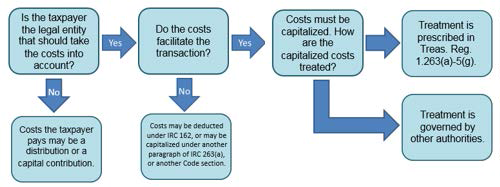Earlier this year, the Internal Revenue Service (IRS) announced the ending of the 2014 Offshore Voluntary Disclosure Program (OVDP), its formal amnesty program for taxpayers with previously undisclosed interests in foreign assets and financial accounts. The program deadline is September 28, 2018, and all submissions must be substantially completed by that deadline. Partial or “placeholder” submissions will not qualify. All requests for preclearance into the program must be submitted by Friday, August 24, 2018.
A number of other disclosure options will remain available after September 28, 2018, including the popular IRS streamlined compliance procedures. Regardless, taxpayers with potential questions or concerns regarding reporting of their foreign holdings should seek advice immediately in light of upcoming deadlines.
read more

 Subscribe
Subscribe





